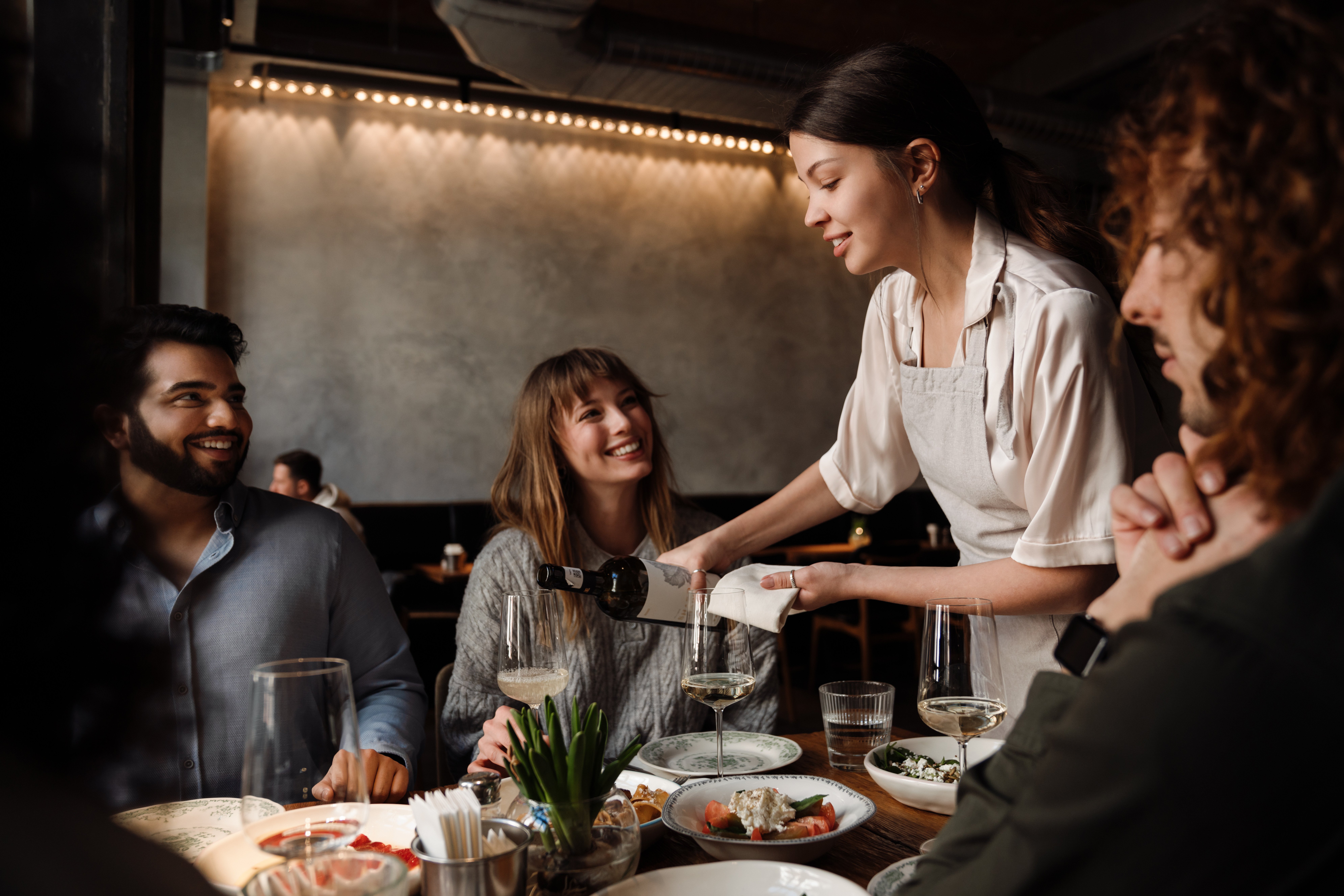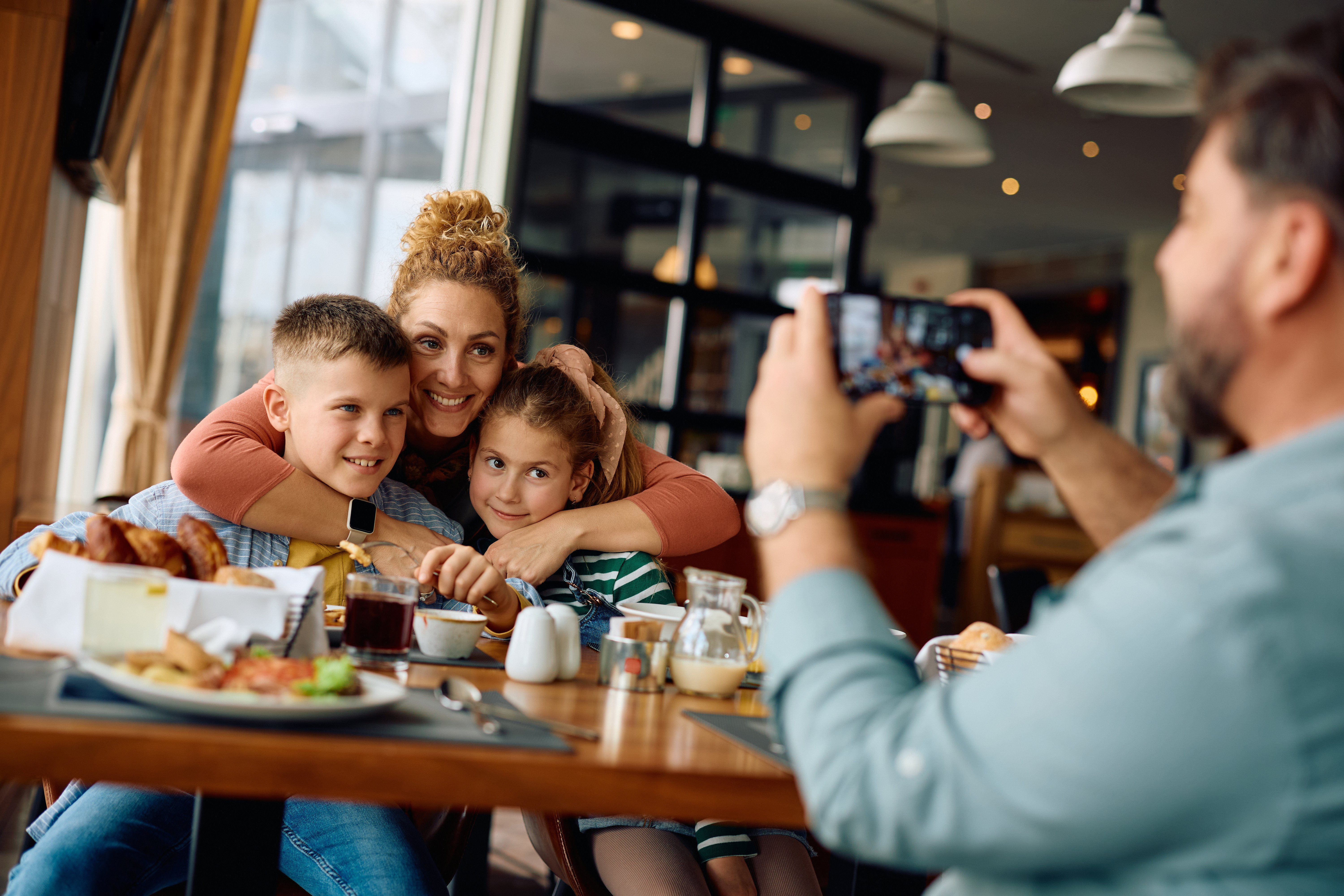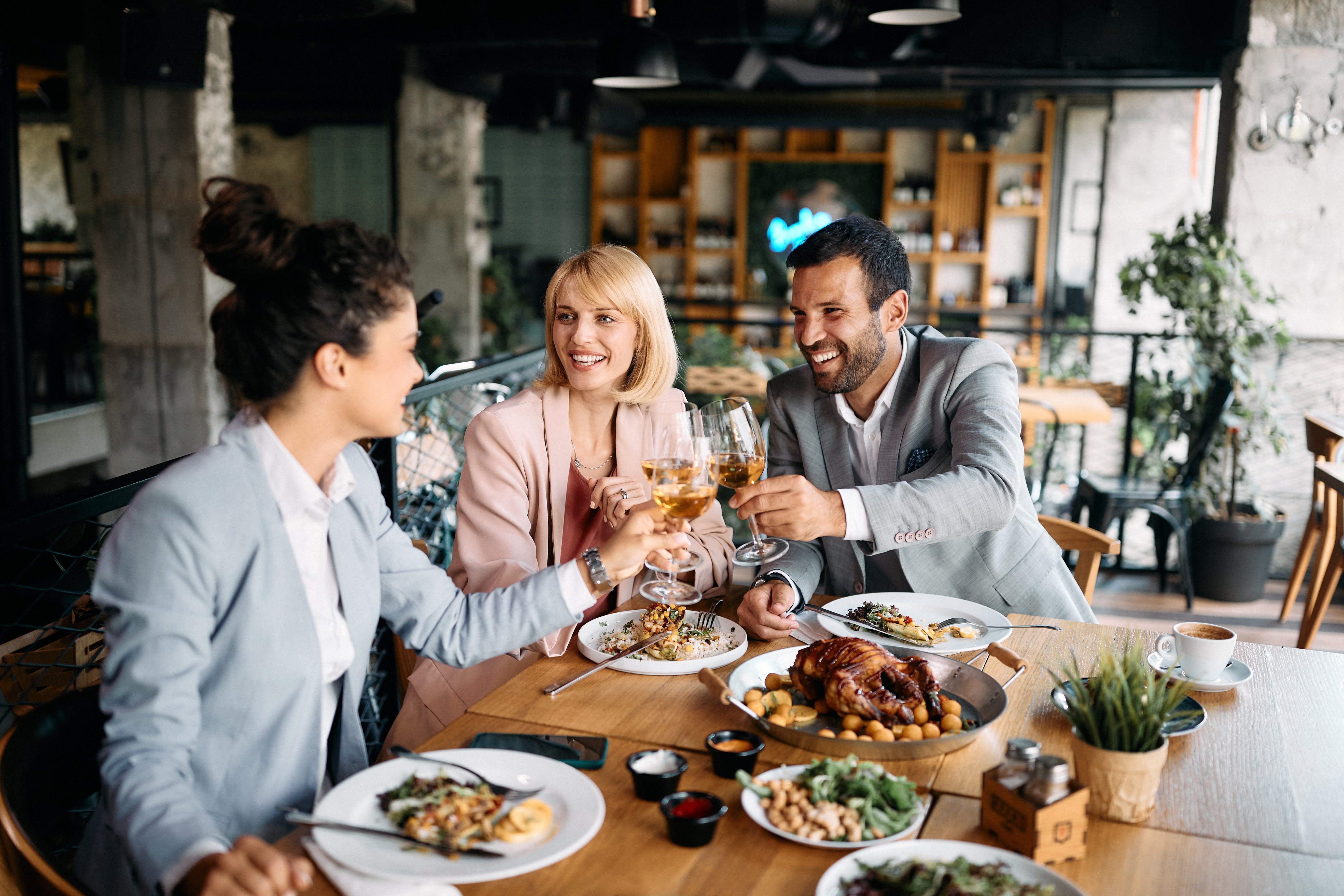Comprehensive guide to marketing restaurants
marketing, social media , 5 November 2024

In today’s competitive hospitality landscape, marketing restaurants is essential to attract diners, build loyalty, and maintain a competitive edge. With so many venues vying for attention, your marketing strategy must be well-rounded, focusing on branding, online visibility, and customer engagement. This guide explores essential restaurant marketing strategies — including digital tools and tactics — to help you craft an effective marketing plan.
In this article:
- Why marketing is essential
- Understanding the competitive landscape
- Branding
- Digital Marketing for restaurants
- Building an effective online presence
- Optimising for SEO
- The importance of online reviews and reputation

Why marketing is essential for restaurants
In a crowded marketplace, simply having a great menu isn’t enough. You must actively promote your restaurant to reach new audiences and retain loyal customers as they’re often overwhelmed with potential options. Here’s why a robust restaurant marketing plan matters:
- Brand awareness: Marketing builds your brand’s presence, ensuring you stand out from competitors.
- Customer engagement: Tools like social media marketing for restaurants encourage interaction with diners, strengthening relationships.
- Increased bookings: Strategic campaigns, offering First Table, and promotions drive more traffic to your venue during peak and off-peak hours.
At First Table, we see the power of marketing in action. Many of our restaurant partners attract new customers by offering exclusive off-peak dining slots with us. With the right promotion, these restaurant marketing ideas can turn new diners into loyal regulars.
.jpeg?width=5299&height=3533&name=AdobeStock_350255194%20(1).jpeg)
Understanding the competitive landscape
Competition is fierce in the hospitality industry, meaning every venue must differentiate itself. To succeed, you need to understand:
- Local trends: Are diners in your area drawn to casual eats, fine dining, or plant-based menus?
- Seasonal changes: Adjust your restaurant marketing strategies to match seasonal demand and events.
- Competitor analysis: Identify what other restaurants are doing well and develop innovative restaurant advertising ideas to stand out.
Partnering with platforms like First Table gives you a competitive edge. First Table provides increased visibility by listing restaurants on our platform, showcasing their offerings to diners actively seeking their next meal.

The role of branding in restaurant success
Your brand is more than just your logo — it reflects your values, the dining experience, and the way customers perceive your business. A strong brand ensures:
- Customer recognition: Consistent branding helps your restaurant stand out across digital platforms.
- Loyalty and trust: A memorable dining experience builds emotional connections with customers.
- Unique selling proposition (USP): Whether it’s sustainable practices or a signature dish, communicate what makes your venue special.

Digital marketing for restaurants
In today’s tech-savvy world, digital marketing for restaurants is crucial in attracting diners and growing revenue. From social media to email marketing, digital tools ensure you stay top of mind.

Building an effective online presence
A solid online presence starts with a user-friendly website, active social media profiles, and seamless integrations. Here’s how to get started:
-
Social media marketing for restaurants: Use Instagram, Facebook, and TikTok to showcase your dishes and share behind-the-scenes moments. First Table regularly runs giveaways and Instagram Stories to boost our partners' reach and help them attract new diners.
-
Engage with followers: Respond to comments and messages to build relationships with your audience.

How to optimise your restaurant website for SEO
Search engine optimisation (SEO) helps customers find your restaurant online. Here’s how to optimise your site:
- Keyword optimisation: Use keywords across your site to increase organic search results.
- Fast-loading pages: Ensure your website loads quickly on mobile and desktop devices.
- Clear CTAs: Make booking a table easy with prominent reservation buttons.
- Location-specific content: Mention your location in key areas to attract local customers.
An optimised website ensures diners can find you through Google searches, and with First Table listed on your page, bookings become even more effortless.

Importance of online reviews and reputation management
Online reviews play a key role in shaping your restaurant’s reputation. Positive reviews boost trust and attract more diners, while negative feedback offers improvement opportunities. Here’s how to manage your online reputation:
- Encourage reviews: Ask satisfied customers to leave reviews on platforms like First Table, Google or TripAdvisor.
- Respond promptly: Address both positive and negative reviews to show you care about your customer's feedback.
- Highlight great reviews: Feature positive testimonials on your website and social media.
At First Table, we help our partners manage their reputation by showcasing reviews on their listing page. Restaurants can capitalise on this exposure to build trust with new customers and strengthen their brand.
Conclusion
Effective restaurant marketing requires a mix of branding, digital tools, and thoughtful engagement with your audience. Platforms like First Table enhance your marketing strategy by driving traffic, increasing bookings, and showcasing your unique value. Whether through social media marketing for restaurants or online reviews, building a strong digital presence ensures you stay ahead in a competitive market.


